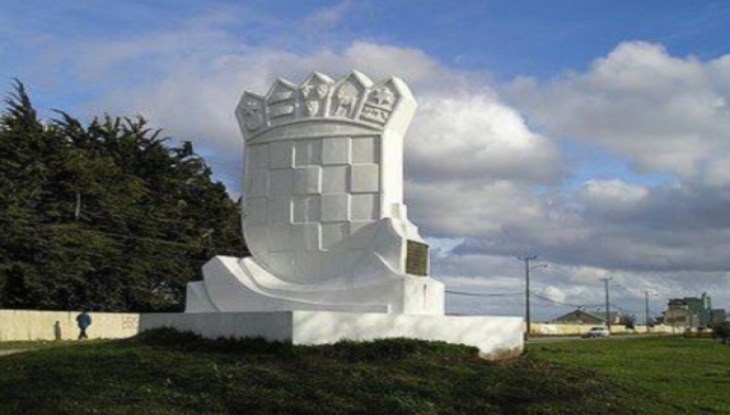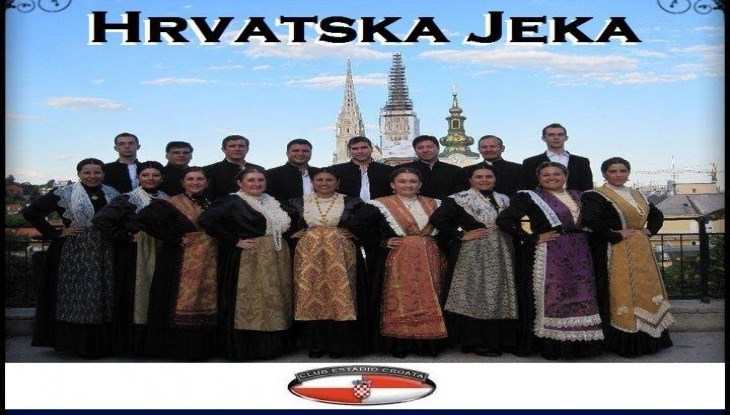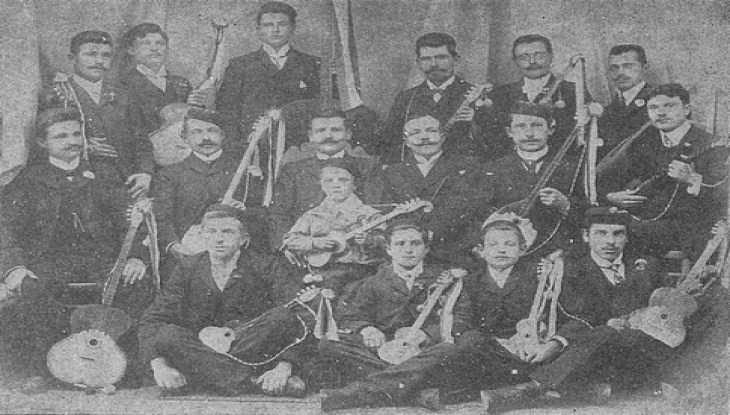Croatian diaspora in Chile
According to the Ministry of Foreign Affairs of Chile, it is estimated that there are about 200,000 people of Croatian origin living in Chile (almost 1.3% of the total population). This number includes the third, the fourth, in some cases, the fifth generation of Croatian immigrants and their descendants. This estimate represents an increase in number if compared to the figure taken during the late nineties of the twentieth century (130.000-140.000). One must also keep in mind that in most cases these Croats are fully assimilated in the Chilean society and the only link with their Croatian origin is one of the two surnames they have. There are almost none new immigrants.
The first Croatians, who can be considered immigrants, arrived in the land of “Tierra del Fuego” in the early seventies of the 19th century, attracted by "the gold fever", after the discovery of gold on the island of Lenox. As they were disappointed by this venture most immigrants left the place and settled in Punta Arenas and Porvenir at the spacious farms (estancias) where they foud jobs in extensive cattle breeding (sheep and horned cattle).The next bigger wave of immigration from Croatia to Chile occurred in the early twentieth century when the phylloxera ( a vineyard pest) hit the island of Brač, resulting in the exodus of a good part of the rural Croatia’s populace to Chile and thus enlarging Croatian immigrant settlements in Chile - from Arice to Punta Arenas.
After WWI, as a result of different circumstances, there was a small influx of Croat immigrants, while after WWII, Croatian immigration practically came to a halt. Economic policy of Chile tried to develop industry and the capital Santiago de Chile benefited most from it. It should be noted, though, that during that period a large number of Croatian immigrants moved to the Chilean capital Santiago. The largest number of Chilean Croats and their descendants still live in Santiago. However, the presence of Croatians and their share in the overall population in Chile, particularly in Punta Arenas (about 60,000 Croatian descendants) and in Antofagasta, is also quite considerable. There is a somewhat smaller Croatian community in Iquique, in Serena, in Concepcion and in Vini de Mar, although there are Croats living virtually all across Chile.
Status of Croats in Chile
Croats who hold Chilean citizenship have equal rights and responsibilities as other Chilean citizens. Chile allows dual citizenship.
Most Croatian immigrants in Chile are well-educated. Croats are generally considered a respectable immigrant group with their representatives in the executive, legislative and judicial branches of the Chilean society, also in culture, art, and in the educational system, as well as in the church hierarchy and different entrepreneurial sectors.
Croatian Associations and Catholic Missions
In Chile, there is a number of Croatian clubs, the most prominent being:
- Santiago: Estado Croata
- Punta Arenas: Club Croata
- Antofagasta: Sociedad de Croata Socorros Mutuos,
- Iquique: Club Croata
There are no Croatian Catholic Missions in Chile. The president of the Croatian Catholic Mission in Peru which is based in Lima, is in charge of pastoral care for Croatian Catholic immigrants in Chile.
Croatian classes and courses of the Croatian language
The Croatian language classes for about 120 students, i.e., the children of the third generation of Croat immigrants, are held in Punta Arenas at “Escuela Republica de Croacia,” “Escuola Miguel de Cervantes, Colegio Cruz del Sur” – all within the competence of the Ministry of Science and Education of the Republic of Croatia.
Publishing and Media
There are no newspapers in Chile published exclusively in the Croatian language. However, the community of Croatian immigrants and their descendants in the towns of Punta Arenas, Antofagasta, and Iquique periodically release newsletters and brochures in Spanish about the activities of their organizations but they also contain articles on topics related to Croatia. In Punta Arenas a magazine “Male novine” is published which ocassionally has the articles in the Croatian language.
In Punta Arenas there are also two radio programs broadcasting Croatian music and covering diverse themes about Croatia.




